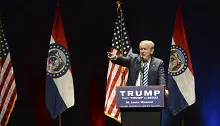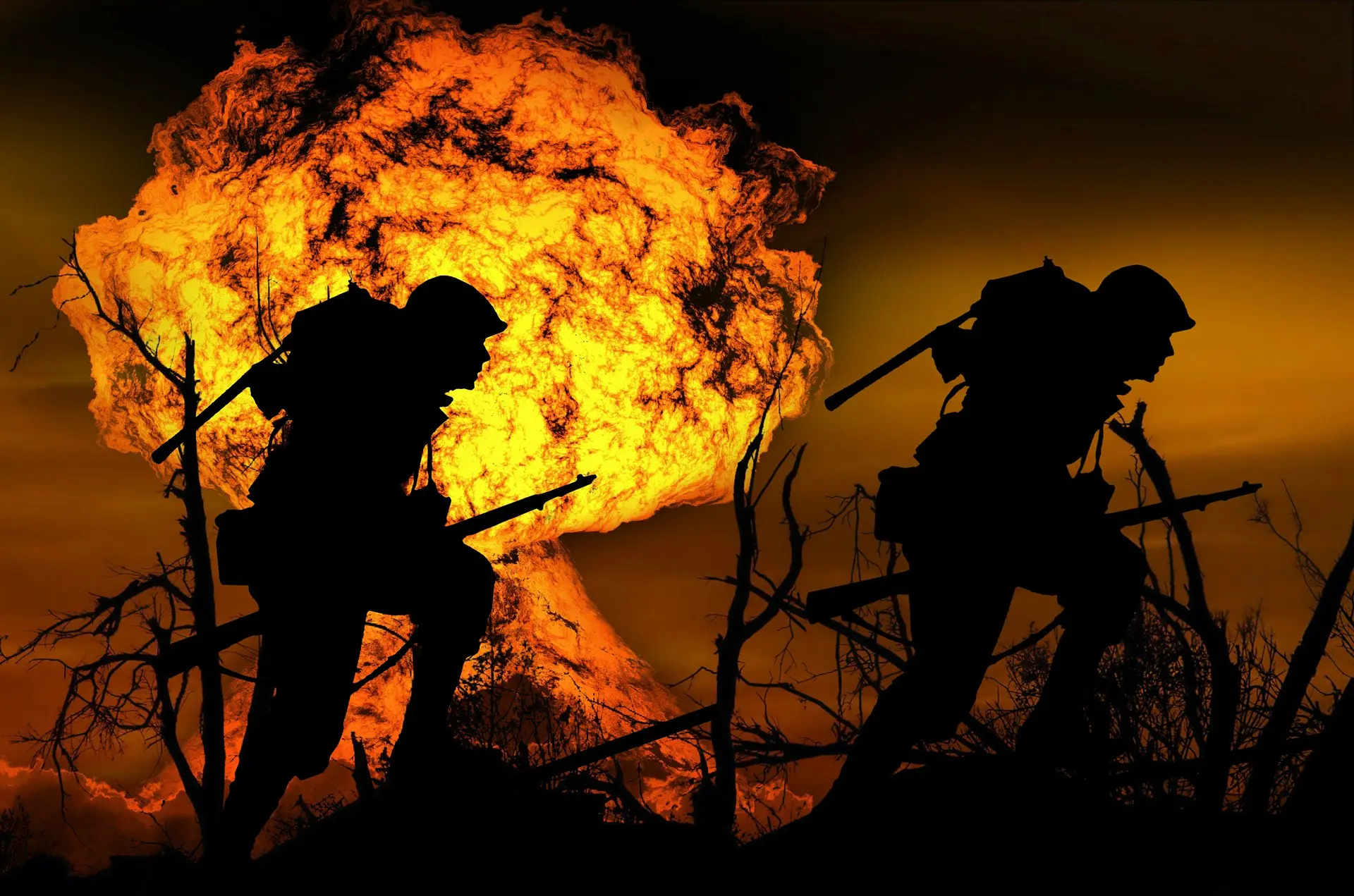Na het tweede debat tussen Clinton en Trump weten we dat ze wat gedachten over de strijd tegen IS hebben.
Trump drukte zich met ‘I will knock the hell out of IS’ het kernachtigst uit. Maar even later bleek hij niets met zijn kandidaat-vicepresident te hebben afgestemd. Pence zag, net als Clinton, wel iets in veilige zones en wilde een antwoord op de Russische provocaties. Clinton wil ook de Koerden bewapenen en bommen op IS-leider Al-Baghdadi gooien. Dat laatste wil Trump ook. Bovendien wil hij vooral IS in Mosul bombarderen. Het was de gebruikelijke retoriek van politici die geen idee hebben van hoe het Syrische conflict moet worden opgelost.
Wie, overigens terecht, voorlopig niet bereid is grootschalig grondtroepen naar Syrië en Irak te sturen om IS daar te verslaan, kan weinig anders doen dan de Koerden en andere lokale troepen luchtsteun geven in de hoop dat het kalifaat in elk geval niet groter wordt.
Samenwerking
Het meest opmerkelijke is echter Trumps liefdesverklaring aan het adres van de Russische president Poetin. Wel zegt hij geen verstand van Rusland te hebben, om vervolgens te suggereren dat de Amerikanen samen met Assad, Rusland en Iran IS moeten verslaan. Ik denk dat Trump alweer vergeten is dat tot een paar weken geleden de samenwerking tegen IS, ondanks Ruslands annexatie van de Krim, helemaal zo slecht nog niet liep en zo nu en dan zelfs redelijk succesvol was. Opmerkelijk genoeg was die samenwerking, met instemming van president Obama, in het voordeel van Assad, Rusland en Iran. Het moeizaam onderhandelde staakt-het-vuren voorzag er immers in dat de partijen elkaar en hun bondgenoten ongemoeid zouden laten en zouden samenwerken in de strijd tegen IS.
Deze samenwerking liep door het ongelukkige Amerikaanse bombardement op pro-Assad-troepen van de rails en crashte definitief toen Assad of Rusland een VN-konvooi nabij Aleppo vernietigde.
Als gevolg van de hoogoplopende ruzie voelt Poetin zich nu gerechtigd om zijn machtspolitiek in een hogere versnelling te zetten. Dit is vooral voor Europa slecht nieuws. De Russen werken hard om raketsystemen te plaatsen op hun bases op het schiereiland Kola, in Kaliningrad, op de Krim, in West-Syrië en mogelijk Egypte. Volgens de Egyptenaren wordt er onderhandeld over een basis in Sidi Barrani, maar de Russen ontkennen dat.
Geen ver-van-mijn-bedshow
Egypte of niet, de Russen zijn in elk geval bezig om de machtsbalans rond Europa in hun voordeel om te buigen. Wat de gevolgen hiervan zijn, valt gemakkelijk te illustreren. Pak de kaart er even bij en teken de zeeroutes van Rotterdam via de Middellandse Zee naar de Zwarte Zee en het Suezkanaal; via de Oostzee naar Scandinavië en de Baltische Staten; en, in de toekomst, via de poolcirkel naar China.
Vanuit die bases kan Rusland onze zeeroutes blokkeren. Altijd handig als de spanningen tussen Oost en West verder oplopen en Rusland een daad wil stellen. Het lijkt de Koude Oorlog wel.
Voor het publiek en de politiek van nu lijkt dit een rare ver-van-mijn-bedshow. Helaas is dat niet zo. Clinton realiseert zich dit. Trump lijkt vooral verward.
Deze column verscheen in Trouw






